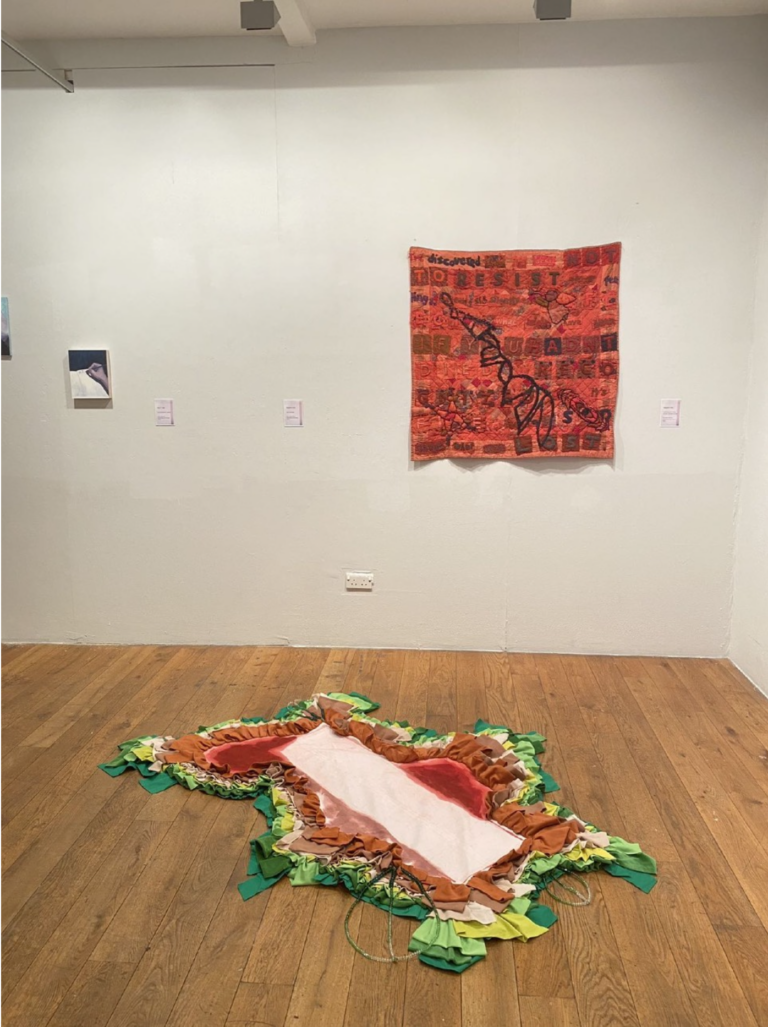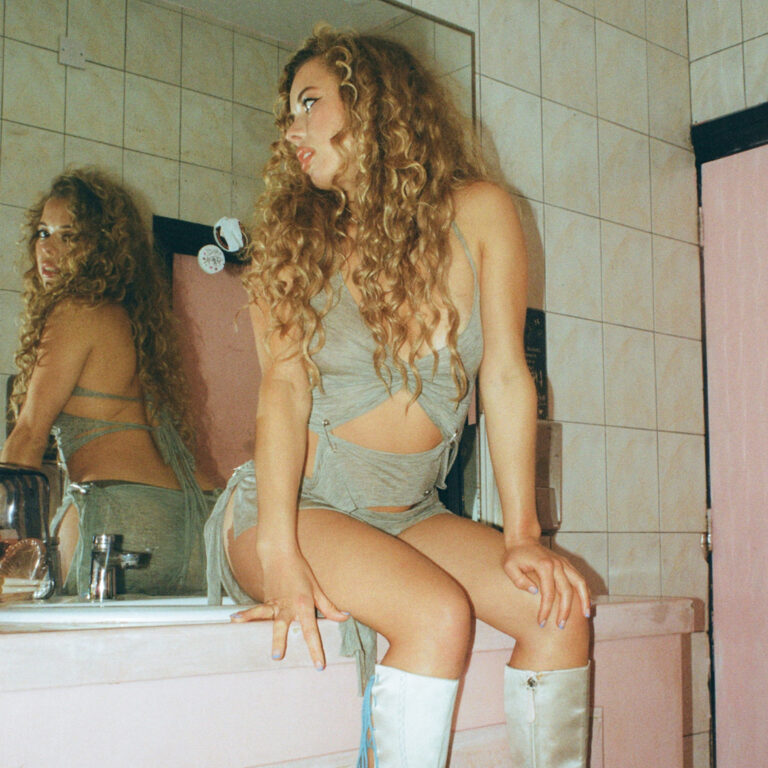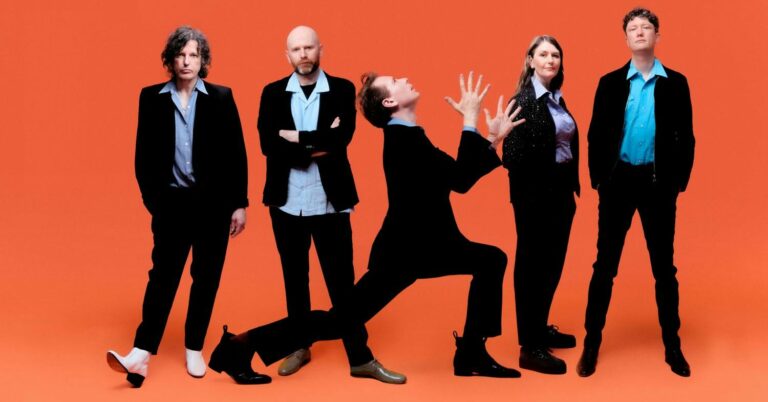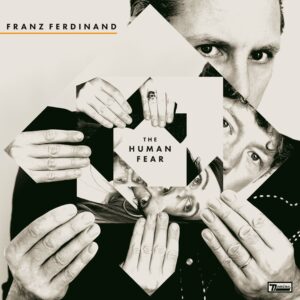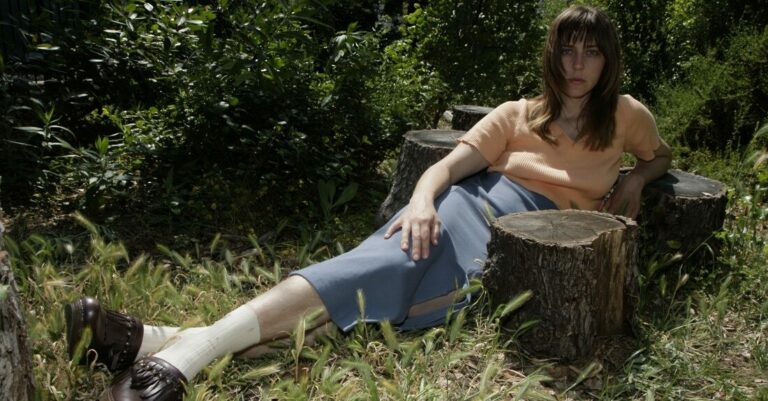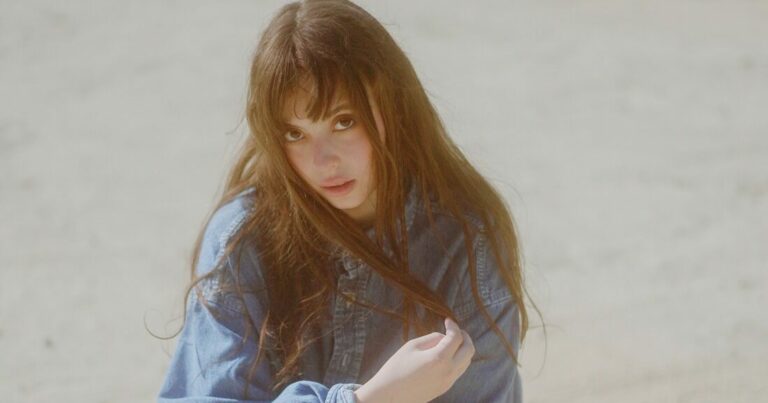League of Legends boosting is a controversial practice where a highly skilled player takes control of a lower-ranked player’s account to increase their rank. While it might seem like a quick way to climb the ladder, it comes with significant risks and ethical concerns.
This guide will explore the concept of LoL boosting, its potential consequences, and why it’s generally considered unsafe and detrimental to the game’s integrity.
What is LoL Boosting?
LoL boosting typically involves one of the following methods:
- Account boosting: A high-skilled player logs into a lower-ranked account and plays matches to increase its rank.
- Duo boosting: A high-ranked player pairs up with a lower-ranked player to help them win games and climb ranks.
Is LoL Boosting Safe?
The short answer is no, LoL boosting is not safe. Here’s why:
1. Violation of Riot Games’ Terms of Service
Boosting explicitly violates Riot Games’ Terms of Service. If caught, players can face severe penalties, including:
- Account suspension
- Permanent account bans
- Removal of season rewards
- Rank reset
2. Account Security Risks
When you give your account information to a booster, you’re exposing yourself to several risks:
- Account theft
- Personal information compromise
- Potential financial fraud if payment information is stored
3. Skill Discrepancy and Game Quality
After boosting, players often find themselves in matches beyond their skill level, leading to:
- Poor game experience for the boosted player
- Frustration for teammates who expect higher performance
- Unfair matches that ruin the competitive integrity of the game
4. Psychological Impact
Boosting can have negative psychological effects:
- Decreased sense of achievement
- Imposter syndrome in higher ranks
- Frustration when unable to maintain the boosted rank
5. Community Impact
Boosting harms the LoL community in several ways:
- Disrupts the ranking system’s integrity
- Creates unfair and imbalanced matches
- Diminishes the value of legitimate rank achievements
Legal and Ethical Considerations
While boosting itself isn’t illegal, it’s considered highly unethical in the gaming community. Some countries have begun to treat boosting services as a legal issue:
- In South Korea, game boosting can result in fines and even jail time.
- Other countries are considering similar legislation to protect the integrity of esports.
Alternatives to Boosting
Instead of resorting to boosting, consider these safer alternatives for improvement:
- Practice and self-improvement:
-
-
- Focus on mastering a small champion pool
- Study game mechanics and macro strategy
- Analyze your replays to identify areas for improvement
-
- Coaching:
-
-
- Hire a legitimate coach to help improve your skills
- Participate in community coaching sessions
-
- Playing with higher-ranked friends:
-
-
- Learn from better players in normal games
- Remember, duo boosting in ranked is still against the rules
-
- Watching educational content:
-
- Follow high-elo streamers and learn from their gameplay
- Study champion guides and strategy videos
Consequences of Getting Caught Getting Boosted
If Riot Games detects boosting activity on your account, you may face:
- Immediate account suspension
- Removal of all season rewards
- MMR and rank reset
- Potential permanent ban for repeat offenses
How Riot Detects Boosting?
Riot employs various methods to identify boosted accounts:
- Sudden changes in play patterns or performance
- Unusual login locations
- Drastic improvement in win rates or KDA
- Reports from other player
LoL Boosting – FAQs
Q: Can I get banned for playing on my friend’s account?
A: Yes, playing on someone else’s account is a form of boosting and can result in penalties for both accounts involved.
Q: What if I buy an account that’s already high-ranked?
A: Buying and selling accounts is against Riot’s Terms of Service and can result in the account being banned.
Q: Is it okay to have a high-ranked friend play a few games on my account?
A: No, this is still considered boosting and is against the rules, regardless of who is doing the boosting.
Q: How can I report suspected boosting?
A: You can report suspicious activity through the post-game reporting system or by submitting a ticket to Riot Support.
Conclusion
While the promise of a quick rank increase might be tempting, LoL boosting is neither safe nor ethical. It violates game rules, puts your account at risk, and ultimately detracts from the satisfaction of genuine improvement. Instead, focus on developing your skills through practice, learning, and legitimate means of improvement. Remember, the journey of improving at LoL is as important as the destination of a higher rank.






